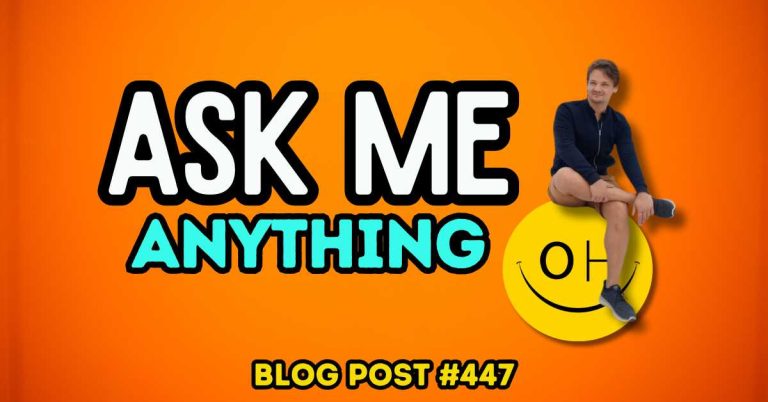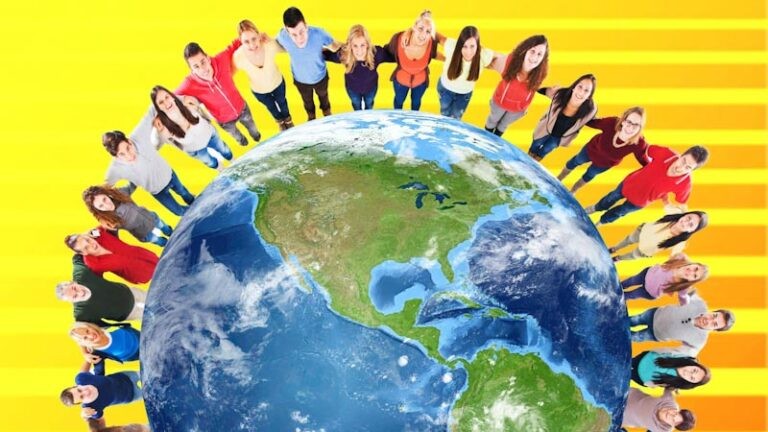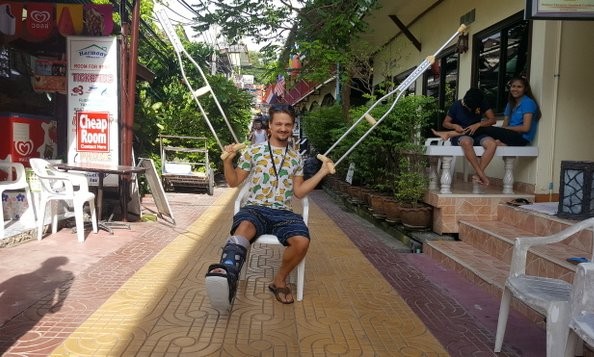One of the most common myths about happiness is that there is a reverse correlation between knowledge and happiness. In other words, the more we know, the unhappier we become. As such, people who believe in this myth often choose an “ignorance diet”, whereas in order to be happy they do less because, logically, the more they do, the more they know, and the unhappier they become. Yet, there is growing evidence against this ignorance diet, meaning that being informed seems to actually be the way to become happier.
Ignorance Diet In Action
Some people aren’t interested in knowing what goes into their food since “If I knew what I was eating, I would probably have to stop eating it” said a few people I met. This argument holds true to the degree that the way our food is produced and prepared today is often quite off-putting. As such, if more people knew what exactly they are eating, they would probably have to stop eating that altogether, which generally they don’t want to do, so they rather stay ignorant.
The same holds true for other aspects of our lives. The world just seems to have too many problems, one worse than the other, which is why many people choose to hide from these problems in their information ignorance diet, since if we knew more about what’s going on in the world, we would be unhappy. Respectfully, it is best to close our eyes and escape from worldly problems, by doing things that society tells us to do, such as buying different luxury products, taking drugs, and playing Switch, which can translate into short-term enjoyment, but rarely translates into long-term happiness.
As such, often people play right into the hand of unhappiness, by not doing the proper research, by doing things that other people want them to do, and by taking no responsibility over their lives and happiness. For example, in the case of our diets, a bad diet can lead to health complications, which will make people unhealthy and therefore unhappy in the long-run.
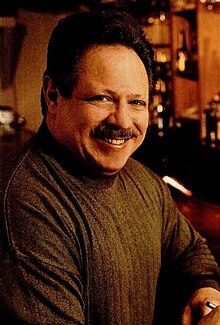
What The Smartest Man In The World Thinks About Happiness
In one of my previous posts, I introduced Christopher Langan, who I said to be the smartest man in the world. His IQ is somewhere between 200 and 210, which would make him smarter than Einstein (160 IQ), Darwin (165 IQ), Galileo (185 IQ), and Newton (190 IQ). In his free time, Chris is working on the Cognitive-Theoretic Model of the Universe (CTMU), explaining the relationship between mind and matter.
As such, if the previous metaphor for the ignorance diet would hold true, Chris would be one of the smartest and unhappiest people alive. However, obviously, this is not true. Besides our intellect, there are countless other things that affect our well-being, such as our emotional intelligence, the way we conduct our lives, and life circumstances overall.
What We Do Matters: The Pie Chart of Happiness
Although it is not completely scientifically accurate, the Pie Chart of Happiness states that 50% of our happiness is determined by our genes, 40% is by what we do in our lives, and 10% is by our life circumstances. This chart is not accurate because ultimately we can’t clearly divide our happiness into exact percentages, as people’s lives differ significantly from person to person.
Still, even if this pie chart would be true, we are 40% in control of our lives, which is still a lot. As such, we should not just throw our hands in the air and declare defeat, since we know for a fact that what we do matters and it affects our happiness in a positive or negative way.
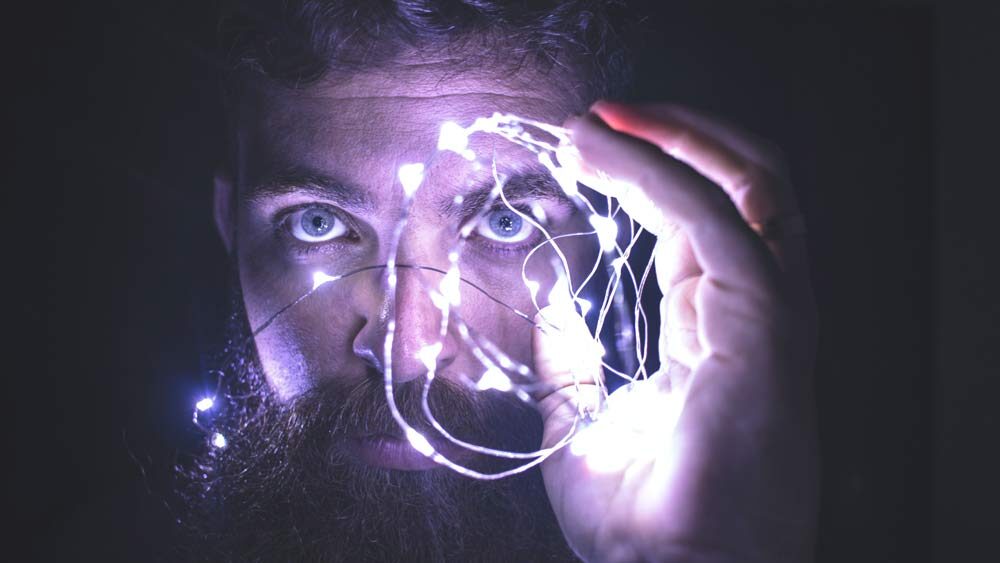
The Opposite to the Ignorance Diet
“Happiness is not one thing, and it comes in many shapes and colors”, some people say. I disagree, or at least agree to the extent that most types of happiness are temporary or dependent on certain circumstances. As soon as these circumstances change, so can personal happiness.
As such, the surest way to become the happiest version you can be (optimally happy) is to disregard an ignorance diet, to take responsibility for our lives, and learn the skill of happiness. Failure to do so will result in failing to realize our happiest potential, to having unnecessary unhappy days, and to forgo many benefits that come with being happy (such as increased productivity, improved health, better social energy, and maximize the enjoyment of life).








